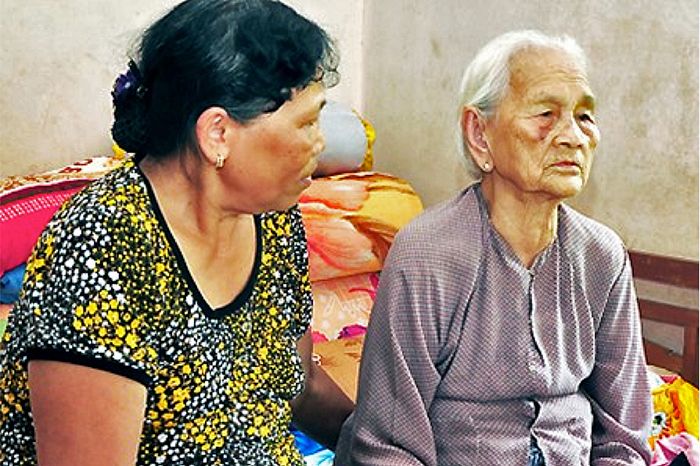The Vietnamese government, in partnership with Animals Asia, has finally agreed to end the cruel practice of bear bile harvesting.
Animals Asia announced last week: "The Memorandum of Understanding (MOU) outlines an agreement between animal welfare NGO Animals Asia and the Vietnam Administration of Forestry (VNFOREST) to work together to rescue the remaining bears still caged on farms across Vietnam – believed to be around 1,000." The US$20 million rescue project will also build sanctuaries for the emancipated animals.
Vietnam, along with Laos and China, has a longstanding tradition of snatching bears from the wild and inhumanely extracting their bile for supposedly medicinal purposes. Now, the Administration of Forestry has agreed to rescue remaining captive bears from across the country for sancutary relocation in order to put a stop to bear farming.
This practice dates back more than 3,000 years, as locals believe that bear bile can treat a variety of liver and gallbladder diseases, as well as lesser ailments like sore muscles and hangovers.
In the 1990s, bear farms began to surface throughout Vietnam to meet the growing demand for bear bile. In 2005, the country outlawed the poaching of wild bears for bile extraction; however, there was a loophole: farmers were allowed to keep the bears they already had in captivity. Other farmers skirted the law by claiming the bears as pets or keeping them hidden.
In 2015, bear farmers came under fire again when VICE Newsraised awareness on the scale and complexity of the issue. Animals Asia founder Jill Robinson told the news source: "The extraction of bear bile from live bears causes unimaginable suffering and long term health problems."
National Geographic explained: "The bear bile industry targets mostly sun bears and Asiatic black bears, also known as moon bears, which both get their names from the tuft of white hair on their chests. The bears’ gallbladders contain a yellow liquid — bile — that helps them digest fat."
The process of removing the bile involves forcing a catheter into the bears’ bodies or creating a fistula in the abdomen to cause the gallbladder to drain, or "free drip." This can lead to cancer, blindness, heart disease and death.
Poaching destabilizes the wild bear population, in addition to bears in captivity. Animals Asia’s Vietnam Director Tuan Bendixsen said: "This agreement shows Vietnam acknowledges that bear bile farming harms wild populations. By signing on, they’ve shown they are serious about conserving the country’s remaining wild bears and protecting the heritage of future generations."
[Photo via VnExpress]














